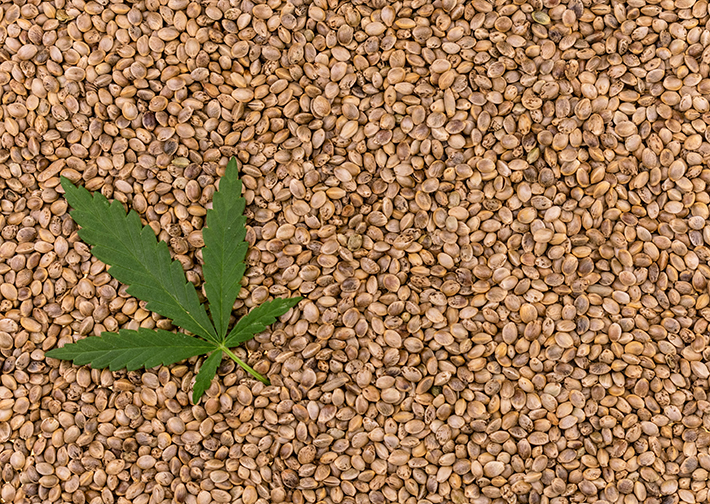
Sampling of Hempseed
ASTM International’s cannabis committee (D37) has approved a new standard form sampling hempseed intended for human consumption. The new standard will soon be published as D8417.
Hempseed is the fruiting tops from the industrial hemp plant, sourced for human and animal feed, as well as manufacturing uses.
“This guide helps farmers, supply chain partners, labs, and other players in the hemp food supply chain facilitate hempseed samples that are as correct a representation as possible for the hempseed to be assessed,” says ASTM International member Clarence Shwaluk. “Hempseed can be tested for regulatory or quality control reasons, so it’s important that the sample taken provides unbiased representation for the property to be assessed.”
As examples, Shwaluk notes that hemp may need to be tested to ensure trace levels of THC (the principal intoxicating constituent of cannabis plants), moisture levels, or microbial levels.
“It is important the result accurately reflects the product and not a biased sample that unfairly indicates what the seed is or is not,” says Shwaluk. “Accuracy starts with how the sample is taken, and farmers and companies don’t want to undertake decisions based on the wrong results.”
Shwaluk notes that sampling will determine whether hempseed is used or re-assigned for alternative purposes.
“If accurate sampling is done and remediation - if needed - can be undertaken early, food waste may be avoided,” says Shwaluk. “For example, if seed is too high in moisture, it may eventually spoil, but sampling ahead of time may allow for alternative management so seed is not wasted. That can improve efficiency and is a win-win if the sample leads to accurate results.”
ASTM welcomes participation in the development of its standards. JOIN ASTM.
 SN Home
SN Home Archive
Archive Advertisers
Advertisers Masthead
Masthead RateCard
RateCard Subscribe
Subscribe Email Editor
Email Editor